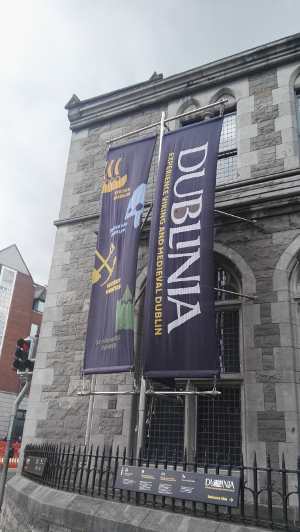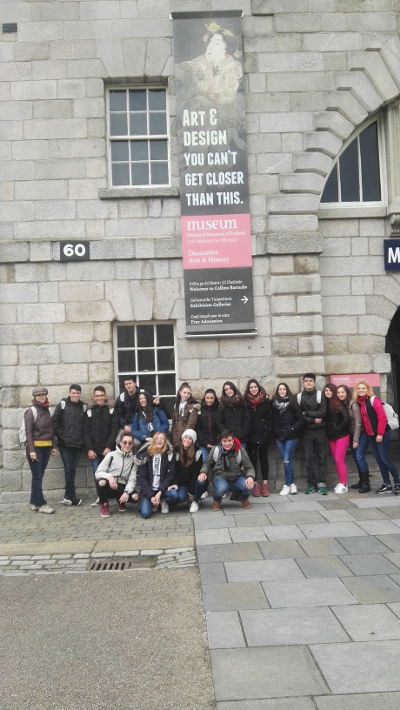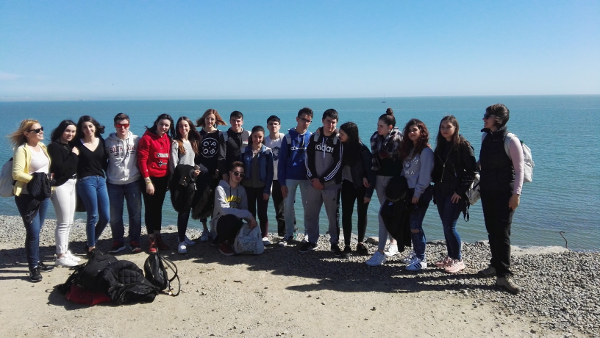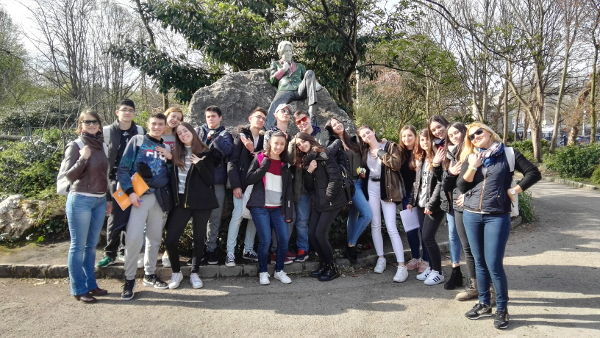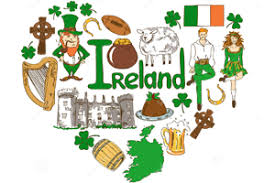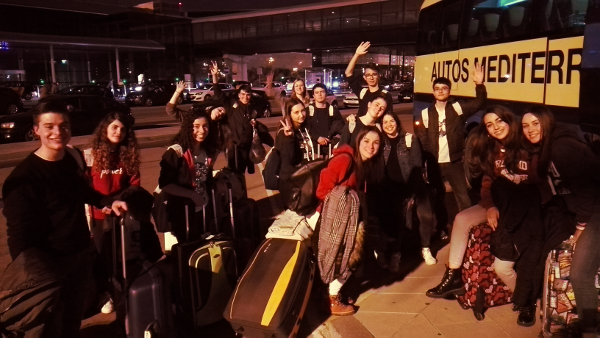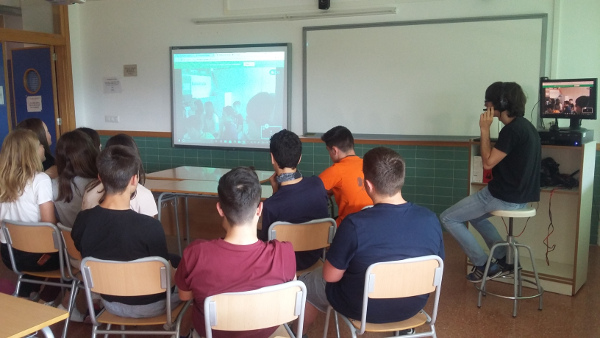Analysis of eating habits
By: Èrik Artigas Reverter

In this essay we are going to analyse the results of the survey on eating habits, comparing our eating habits with those of the older generation from a healthy point of view, considering both the social and historical context, and we are also going to write about how we could improve our diet to be healthier, and will reflect on the importance of eating healthily. We are going to focus on our Mediterranean diet and our traditional cuisine.
1) Evolution of eating habits during youth
About 400 elders and teenagers have been surveyed about their youth because we wanted to know how our eating habits have changed from the Civil War to nowadays.
First, we analyzed eating habits after the Civil War. We observed that the food was scarce and little diverse. So, we could observe that there were a lot of cases of undernourishment inasmuch as there was just oil, rice, pulses and bread. Therefore, the government established a rationing system.
But that wasn’t enough, so people had to go to the black market ( estraperlo ) and/or exchange food with other farmers. In addition, families had to increase the number of children.
Secondly, we analyzed eating habits nowadays.
We observed that the cheapening of food has ended with undernourishment. Also, we observed that the cheapening of food and the social pressure have produced an increase in cases of obesity and anorexia.
During all this time, the globalization and the economic improvement of the country have caused an increase in the number of times people eat per day and in the number of children per family.
In conclusion, we’ve understood that we have just changed one problem for another.
2) How can we improve our diet? Why?
If we want to improve our diet we should prioritize proximity products ( no globalization ).
We also shouldn’t eat any prefabricated products because they have strange substances which can’t be digested by us.
Finally, we should prioritize the Mediterranean diet which is composed mainly of vegetables and fruits, that is, reduce the consumption of meat and fish.
If we don’t do it, all of us could become obese, have heart attacks . . .
3) What’s the Mediterranean diet?
The Mediterranean climate allows us to grow a great variety of vegetables and fruits.
So, the Mediterranean diet is undoubtedly the most complete and varied diet in the world.
The most important element of this diet is ‘olive oil’ because it has simple fats which are better than the rest. In fact, scientific studies have shown that olive oil reduces the chances of suffering from cardiovascular disease or obesity. To sum up, the Mediterranean diet consists of a lot of fruit and vegetables, olive oil, blue fish and a bit of wine.
In conclusion, we could say that in the past people had to make an effort to eat because food was scarce, and nowadays we have to make an effort to eat healthily because there is a lot of junk food. We must be aware of the fact that eating healthy is very important to feel good, be happy and, of course, live for many years. We should take it seriously. It’s really worth.

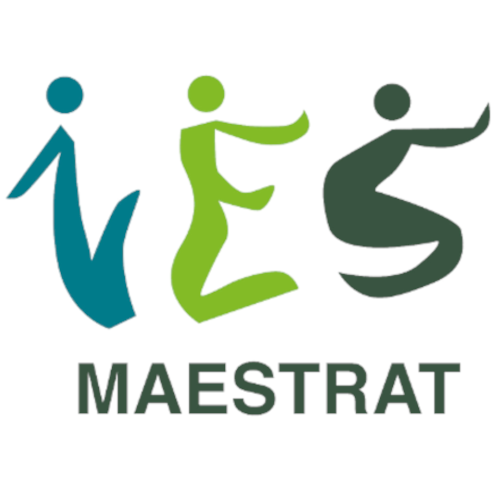


 El passat 18 d’abril els nostres alumnes de primer de batxillerat van participar en un programa d’immersió lingüística en la capital d’Irlanda.
El passat 18 d’abril els nostres alumnes de primer de batxillerat van participar en un programa d’immersió lingüística en la capital d’Irlanda.